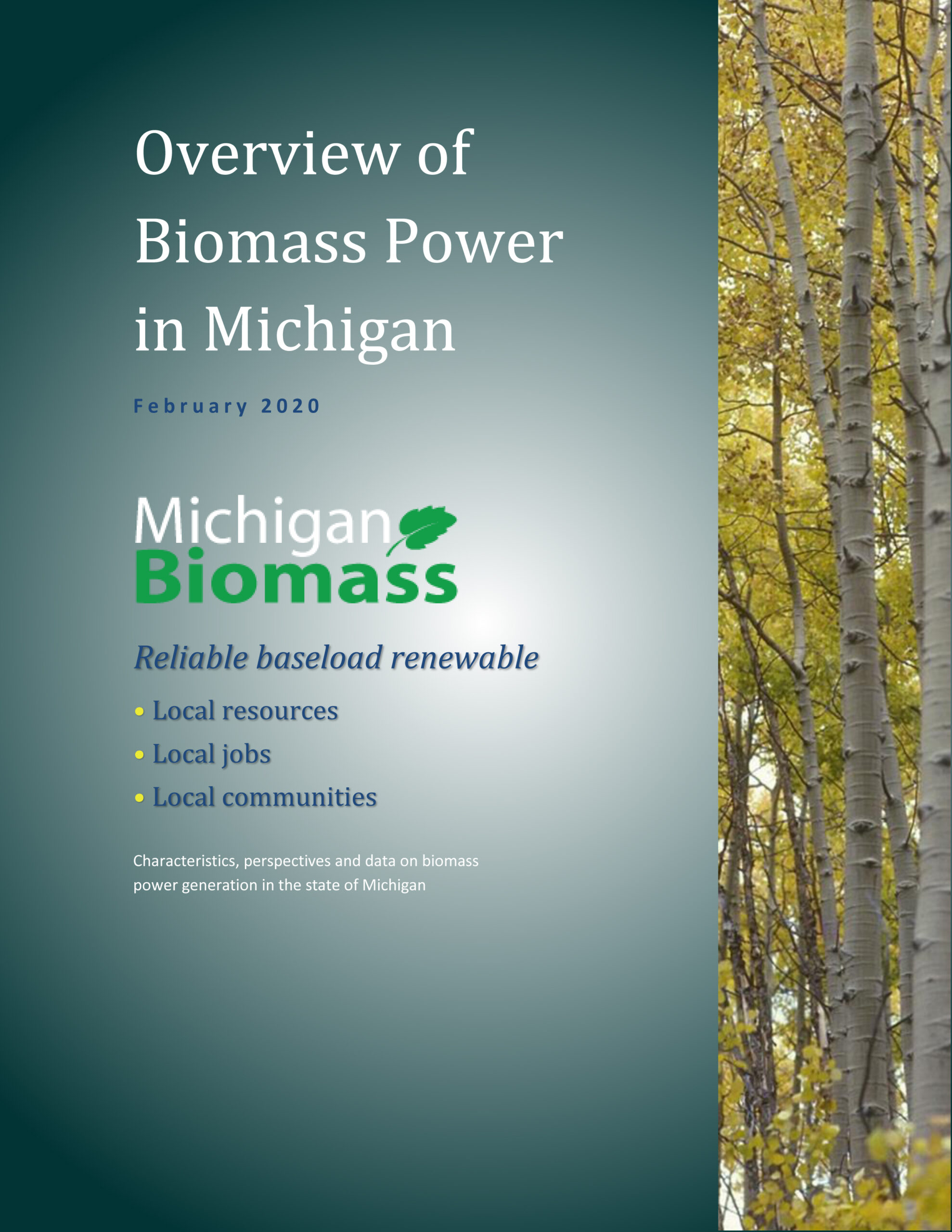POLICY
Recovering energy from leftovers and byproducts of forest stewardship and the manufacture of durable wood goods has measurable benefit to local economies, forest resources, materials management, the power grid and, yes, climate change. This diversity naturally lends itself to a broad interest in the policy landscape: Utilities, energy regulation, planning and markets; forest management, manufacturing, and materials management.
To thrive, biomass power producers need policies that:
- Recognize the diverse benefits that biomass power brings to Michigan’s citizens and their environment.
- Acknowledge and value biomass power generation for the measurable benefit it brings to the management of Michigan’s resources and environment, and to the reliability and resiliency of Michigan’s bulk power system.
- Promote and incentivize recovery of energy from organic byproducts like woody biomass as a source of no- or low-carbon energy that offsets fossil fuels and more carbon-intensive emissions.
- Support sustainable forest management, and the communities and industries that rely on them for economic prosperity and quality of life.
- Recognize the role biomass power plays in fighting climate change and displacing the additive carbon in the atmosphere produced by fossil fuels.


